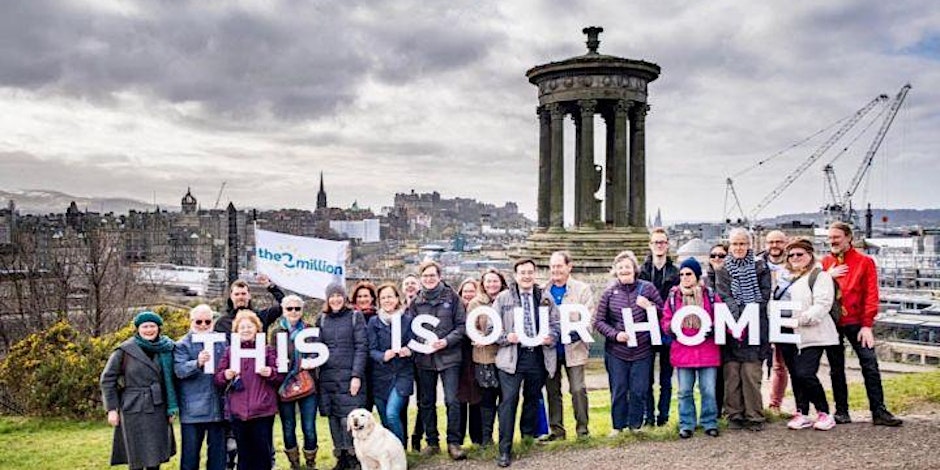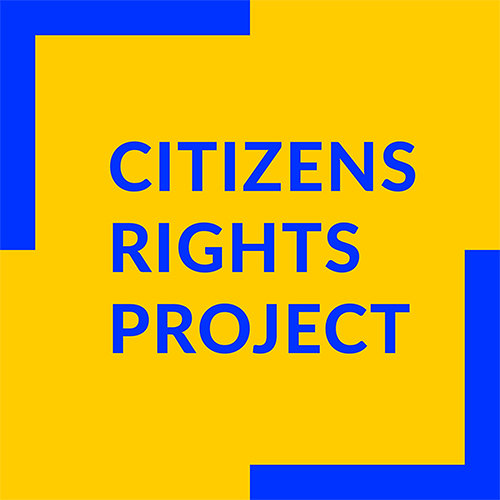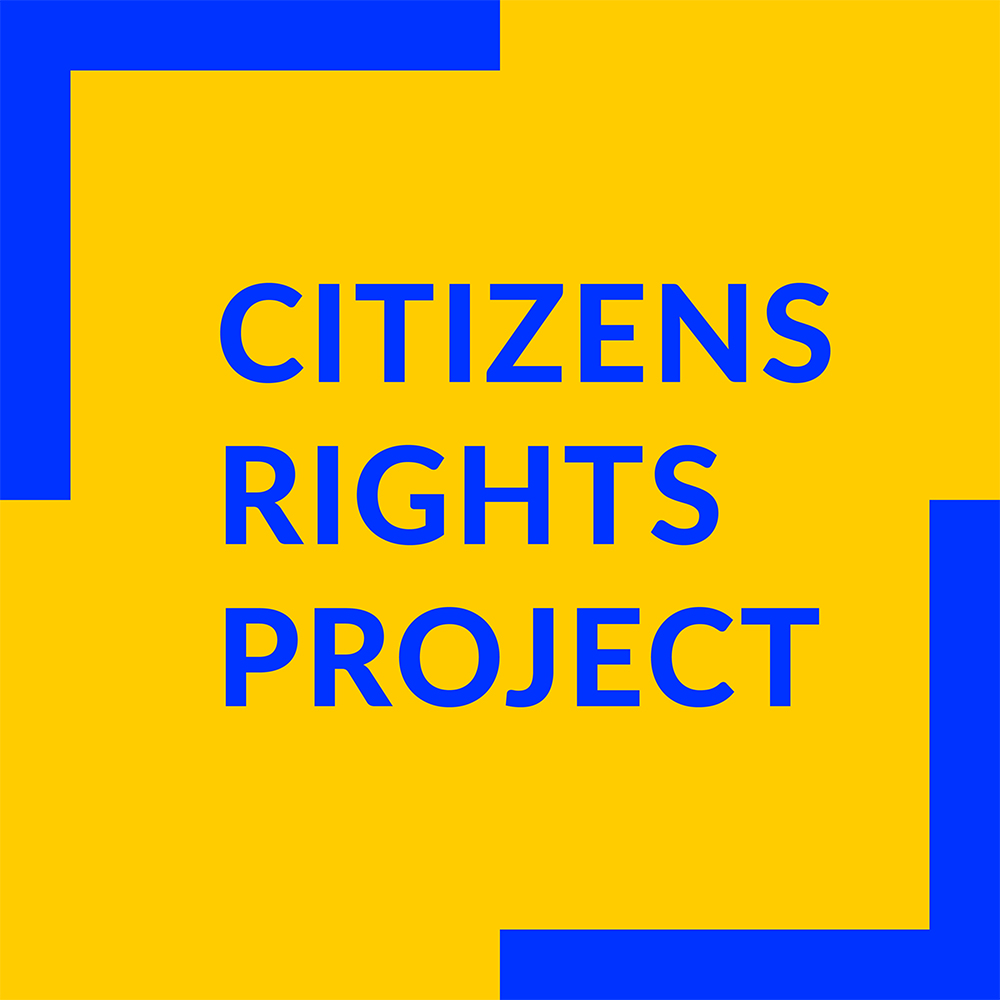In the wake of this year’s Europe Day (9th May) and the many events that will be organised around this time across the UK (including one organised by us), we are reflecting on the rights of EU nationals over time and considering our role in protecting them in a new post-Brexit reality.
Celebrating the past.
 Twenty years ago, on 1st May 2004, ten countries joined the European Union in what was the largest enlargement in the Union’s history. Cyprus, the Czech Republic, Estonia, Hungary, Latvia, Lithuania, Malta, Poland, Slovakia, and Slovenia finally gained the benefits of being part of the EU single market and the right to free movement within the rest of the EU. They were later followed by Romania and Bulgaria in 2007.
Twenty years ago, on 1st May 2004, ten countries joined the European Union in what was the largest enlargement in the Union’s history. Cyprus, the Czech Republic, Estonia, Hungary, Latvia, Lithuania, Malta, Poland, Slovakia, and Slovenia finally gained the benefits of being part of the EU single market and the right to free movement within the rest of the EU. They were later followed by Romania and Bulgaria in 2007.
Many citizens from these countries exercised their right to free movement by relocating to the UK and starting new lives here. After Brexit, this right was put at risk, but thanks to the Withdrawal Agreement between the UK and the EU, those who resided in the UK before 31 December 2020 could continue living here legally and re-enter the country as needed, provided they applied to the EU Settlement Scheme. This right has now become a privilege, restricted to those who meet the eligibility criteria and complete the necessary bureaucratic procedures.
The harsh reality of the present.
Twenty years might not seem like a very long time, especially considering how long some generational changes take, but from our experience, it’s enough time for people to start taking things for granted. Interestingly, many of our clients or those seeking general advice from us, who come from these countries, struggle to understand the significant impact of Brexit and still find it hard to believe that free movement with the UK has come to an end.
We often encounter people who wish to join their siblings or other extended family members in the UK, despite the Home Office restricting the eligibility for Joining Family Members to only partners, children, and dependent parents. We have to explain to others that, unfortunately, the Home Office does not consider situations where a parent needs to move to the UK to look after their grandchildren. grandchildren. Instead, the parent must be dependent on the child already living in the UK, not the other way around—this, by the way, puts EU nationals at a disadvantage when it comes to receiving family support for childcare. We feel heartbroken when we have to tell couples that because their relationship began after 31 December 2020, one partner cannot join the other by applying for pre-settled status, leaving a costly visa application as their only option.
Lesson for the future.
The most common reaction we encounter is surprise and disbelief at how harsh the immigration system is—how it prevents parents from supporting their children, keeps loved ones from living together, or stops siblings from joining each other in another country. What was just a dream and a hope for a better future two decades ago has become so integral to people’s lives that it’s hard for them to comprehend that it could be taken away. Let this be a lesson: we should never take our rights for granted. No matter how natural and common they seem, we must always be prepared to defend them, because they are neither eternal nor set in stone.
Our mission is to stand with the most vulnerable, ensuring their rights are respected and that everyone eligible can exercise those rights freely, because they should be able to, and they deserve it.
The issues and opportunities facing EU citizens in the UK – conference.
 Next Saturday, 11th May, we will be participating in a discussion about the issues and opportunities facing EU citizens in the UK. If you would like to join the discussion, come to Summerhall, Edinburgh, EH9 1PL, at 2pm. You can register through this link. We hope to see you there!
Next Saturday, 11th May, we will be participating in a discussion about the issues and opportunities facing EU citizens in the UK. If you would like to join the discussion, come to Summerhall, Edinburgh, EH9 1PL, at 2pm. You can register through this link. We hope to see you there!


